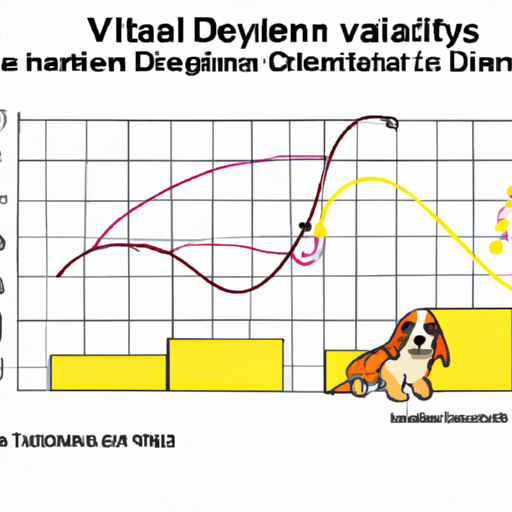Introduction
As a caring pet owner, you’re always looking out for your furry friend’s health. You provide them with the best food, regular check-ups, and plenty of love. But what happens when you notice your dog’s hair is falling out? It can be alarming to see patches of your dog’s beautiful coat disappearing. This may be a sign of vitamin deficiency.
Identifying a Vitamin Deficiency
You may not realize it, but your dog’s hair loss could be a symptom of a more significant issue – vitamin deficiency. Just like in humans, dogs need a balanced diet to maintain healthy hair growth. Here are some common signs of vitamin deficiency in dogs:
- Hair loss
- Dull, lifeless coat
- Dry, irritated skin
- Slow hair growth
If you notice any of these symptoms, it’s time to consult with your vet and consider enriching your dog’s diet with necessary vitamins.
The Role of Vitamins in Hair Growth
Vitamins play a significant role in your dog’s overall health, and hair growth is no exception. Here are some key vitamins and what they do:
- Vitamin A: Promotes cell growth and hair follicle health.
- Vitamin E: An antioxidant that protects cells from damage and promotes healthy skin and coat.
- B vitamins: Including biotin and niacin, these vitamins are essential for hair growth.
| Vitamin | Role | Effect on Hair Growth |
|---|---|---|
| A | Cell Growth | Promotes Hair Follicle Health |
| E | Antioxidant | Protects Cells & Promotes Healthy Skin and Coat |
| B Vitamins | Metabolism | Essential for Hair Growth |
How to Address Your Dog’s Vitamin Deficiency
Addressing your dog’s vitamin deficiency involves a two-pronged approach. First, consult with your vet. They can provide professional advice and may recommend a specific diet or supplements.
Secondly, consider making dietary changes at home. You may need to switch to a higher-quality dog food or add supplements to your dog’s meals. Remember to always consult with your veterinarian before making any significant changes to your dog’s diet.
Prevention is Better Than Cure
Preventing vitamin deficiency in the first place is the best way to ensure your dog’s hair stays healthy and strong. Ensure your dog eats a balanced diet, gets regular exercise, and has routine check-ups. By taking these preventative measures, you can keep your dog’s coat looking its best and prevent vitamin deficiency.
Frequently Asked Questions (FAQ)
Q: What are the signs of vitamin deficiency in dogs?
A: Signs can include hair loss, a dull coat, dry skin, and slow hair growth.
Q: Which vitamins are essential for hair growth in dogs?
A: Vitamins A, E, and B are vital for hair growth in dogs.
Q: How can I prevent vitamin deficiency in my dog?
A: Feeding your dog a balanced diet, ensuring they get regular exercise, and routine vet check-ups can help prevent vitamin deficiency.
Q: Can I give my dog human vitamin supplements?
A: No, human vitamin supplements can be harmful to dogs. Always consult with a vet before giving your dog any new supplements.
Q: What should I do if I suspect my dog has a vitamin deficiency?
A: If you suspect your dog has a vitamin deficiency, contact your vet immediately for professional advice.



